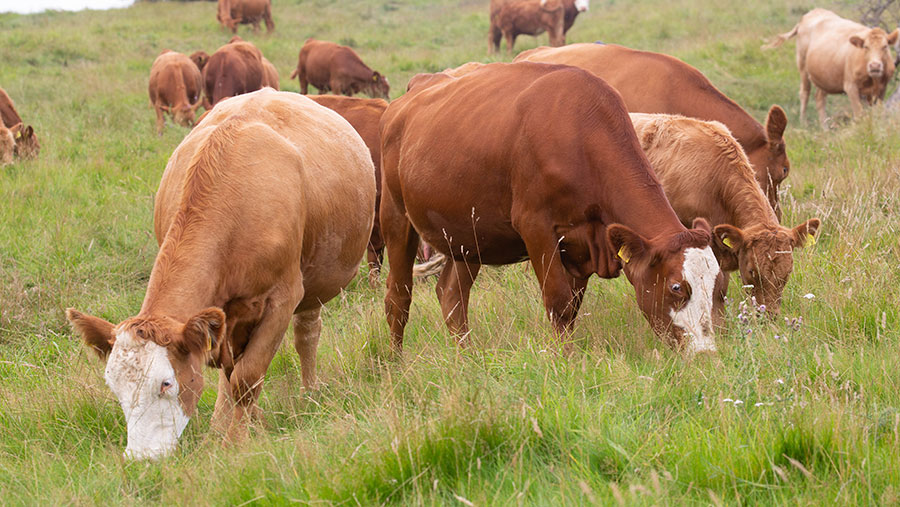Two-tier approach could protect UK’s high farming standards
 © Tim Scrivener
© Tim Scrivener The UK government must protect the UK’s high animal welfare and environmental standards in future trade deals by developing a core set of production standards international partners must follow.
The idea is suggested in a new report on environmental and animal welfare standards in UK trade policy by think tank ResPublica, entitled UK Trade Policy and Animal Welfare, which is being backed by the NFU and the RSPCA, which have both criticised the Australia and New Zealand free-trade deals.
See also: Batters hits out as UK-Australia deal passes without debate
The report calls for a two-tier approach, introducing a top tier of “red line” standards and a second tier of “aspirational standards”.
Food imports that fail to meet standards in the top tier would be subject to simple bans. Red line areas would include the most environmentally damaging or low-welfare practices and reflect bans in domestic legislation.
One example of this would be “mulesing”, which is used by Australian sheep farmers on about 60% of sheep. This controversial practice involves removing strips of skin off the hind quarters of sheep without anaesthetic to avoid flystrike and maggots.
Tier two would be more aspirational and apply UK-specific tariffs to imported goods that do not meet certain standards.
Robust approach
Nick von Westenholz, NFU director of trade and business strategy, said: “The government must learn the lessons of the Australia and New Zealand trade deals and take a more robust approach when doing future trade deals with countries where the differences are much starker, such as those in the Americas.”
Phillip Blond, director of ResPublica, warned there is a “clear and present danger” that the high standards the UK sets for itself will be undermined once meat and other animal products start being shipped en masse from abroad.
“We have seen the first stirrings of this in our free-trade agreements with Australia and New Zealand, and the problem will only become more acute as we engage countries with even fewer qualms about exporting cheap, unethically produced products to the UK,” he said.
Mr Blond believes ministers should be insisting on higher core standards of animal welfare when negotiating new global trade deals, especially now that the UK is an independent trading nation after Brexit.
The government has pledged to protect the UK’s high animal welfare and environmental standards in all post-Brexit trade deals.
A spokesperson for the Department for International Trade said: “When signing trade agreements, our position is clear – we will not compromise on our high animal welfare and food production standards.”
‘No real assurances’
But David Bowles, RSPCA head of public affairs, said he had yet to see any real assurances from government these production standards “will not be undermined for the sake of a quick deal”.
He said: “So far, the deals struck with Australia and New Zealand could see products that would be illegal to produce in the UK flooding our supermarkets by the end of the year. Aside from drastically affecting animal welfare, this could also put UK farmers’ livelihoods at risk.”
Boris Johnson’s government has set an internal deadline to sign a free-trade agreement with India by Diwali (late October), and it wants to join the Comprehensive and Progressive Agreement for Trans-Pacific Partnership by the end of this year.
Negotiations for a free-trade deal between the UK and the US have been put on the back burner.
